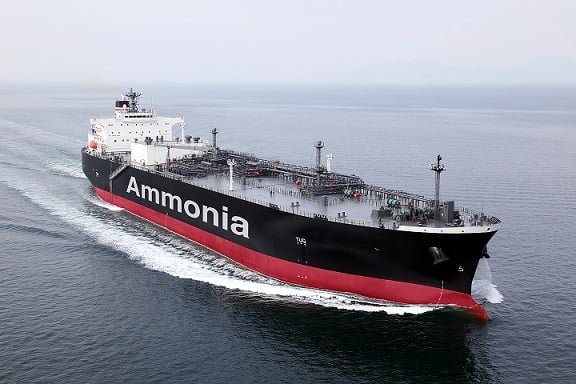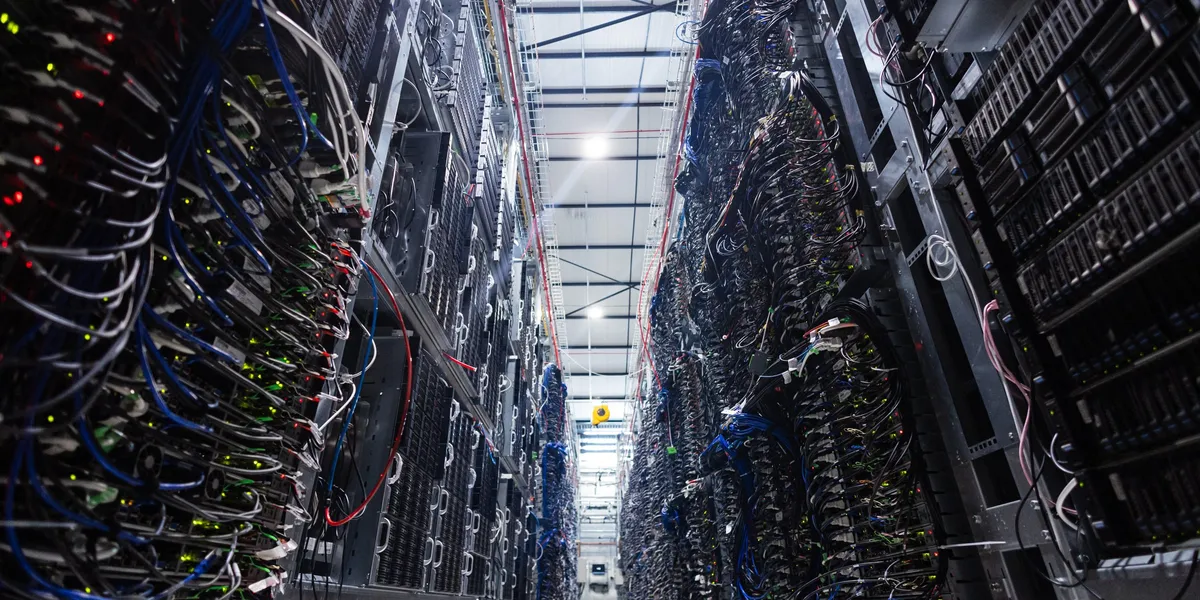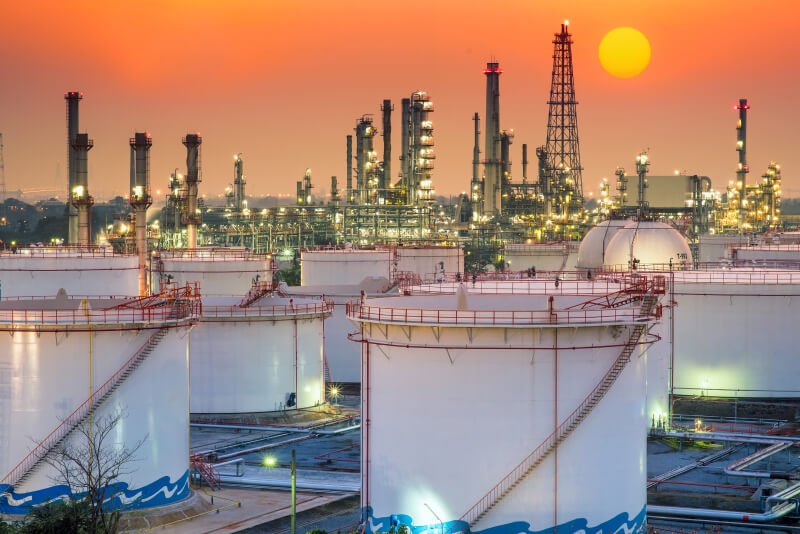A recent study has revealed that producing renewable hydrogen in the form of ammonia within the European Union (EU) is more cost-effective than importing it. This finding is significant as it highlights the economic advantages of local production in supporting the EU’s energy transition goals.
The study analyzed various factors including production costs, transportation expenses, and market pricing for renewable hydrogen. It found that local production can reduce costs by up to 20% compared to the current market prices for imported hydrogen. Key factors contributing to this cost advantage include the proximity of production facilities to renewable energy sources and the decreasing costs of electrolyzers, which are essential for hydrogen production.
Additionally, the analysis indicates that the EU’s abundant renewable energy resources, such as wind and solar power, can be harnessed to create hydrogen efficiently. With advancements in technology and increasing investments in renewable infrastructure, the EU is poised to become a leading producer of green hydrogen.
The implications of this study are noteworthy for EU energy policy. By prioritizing domestic production, the EU can enhance energy security, reduce dependency on foreign energy supplies, and support economic growth within the region. As countries within the EU set ambitious targets for reducing carbon emissions, the shift toward local hydrogen production could play a vital role in achieving these objectives.
Overall, this study underscores the importance of maximizing local resources and capabilities in the renewable energy sector. It sets the stage for further discussions on the strategic direction of energy policies in Europe and the potential for growth in the hydrogen economy.




